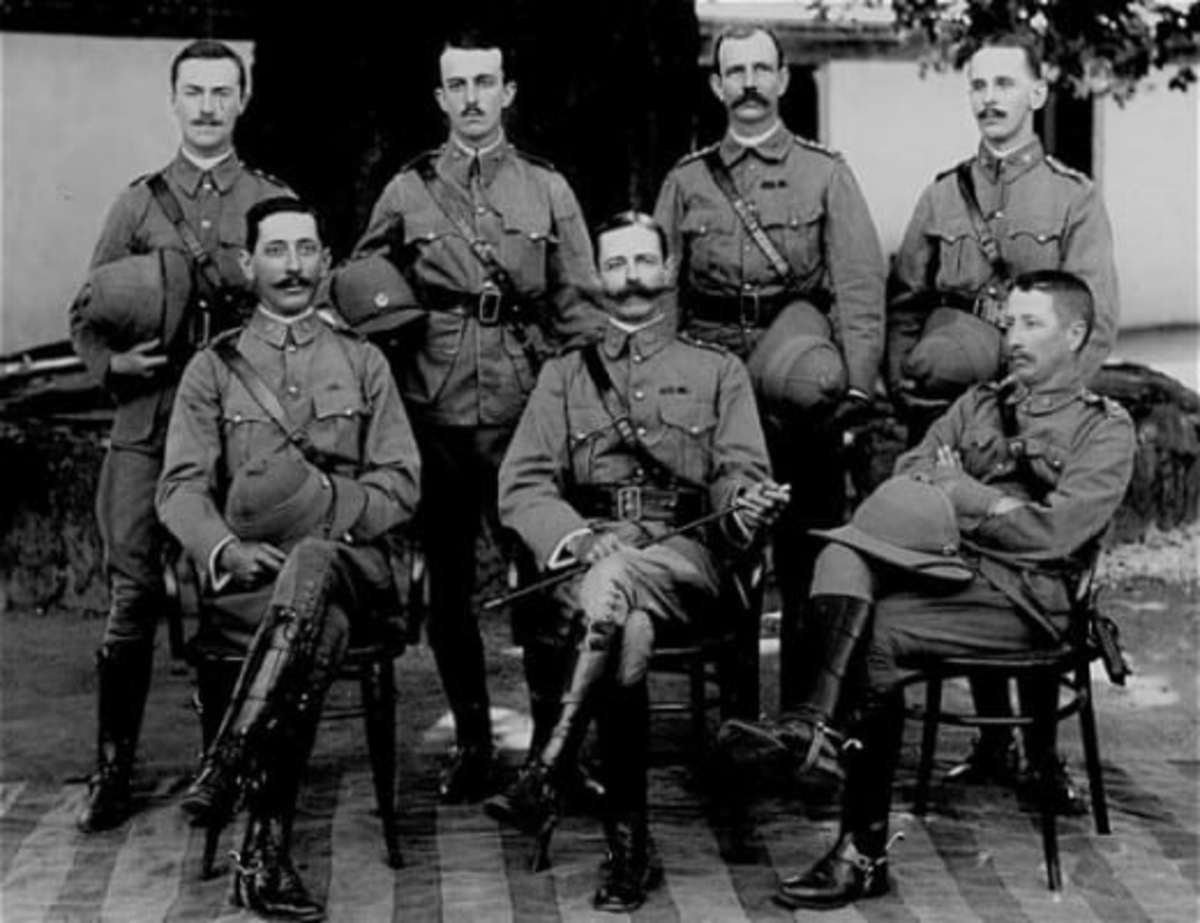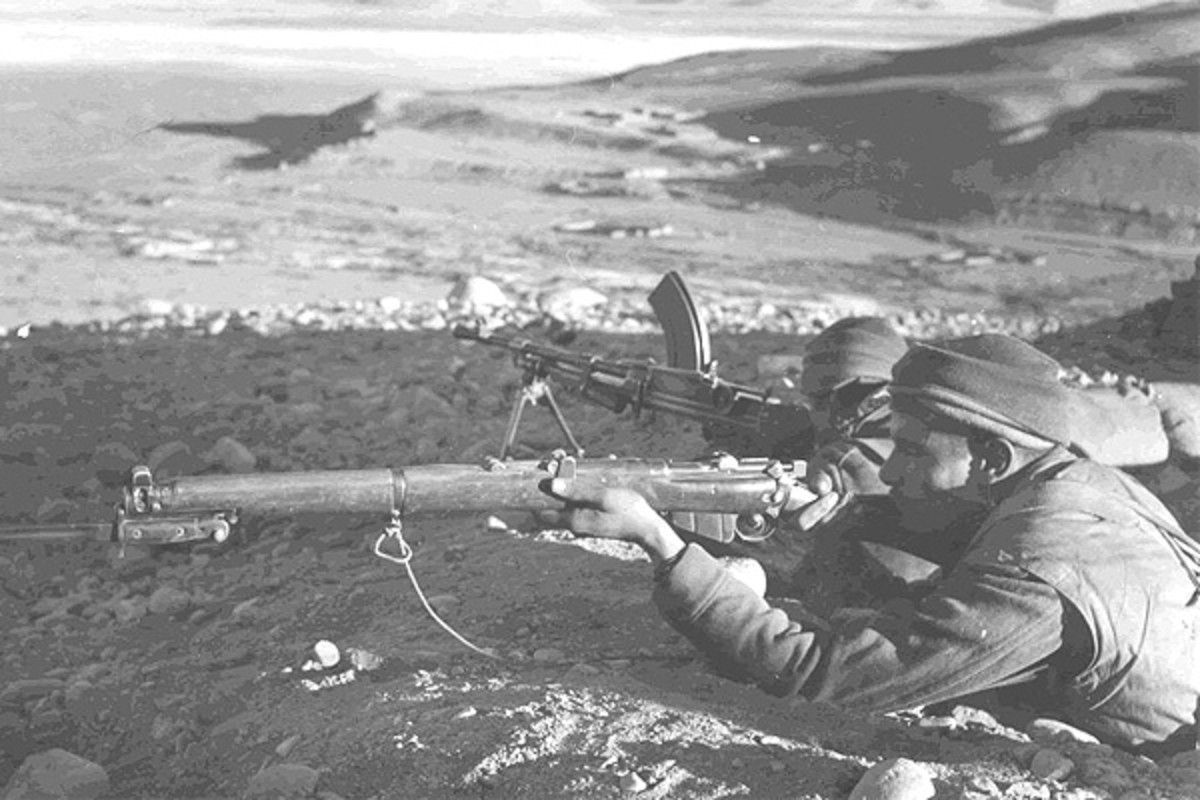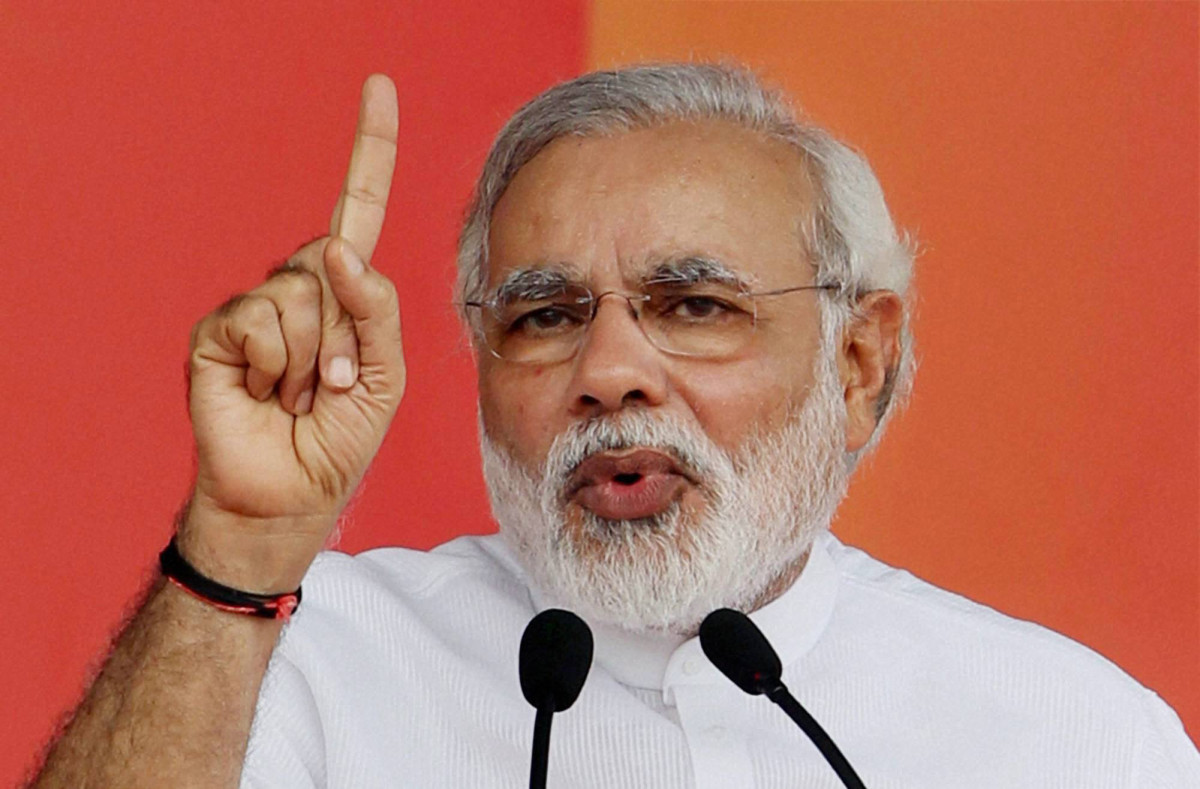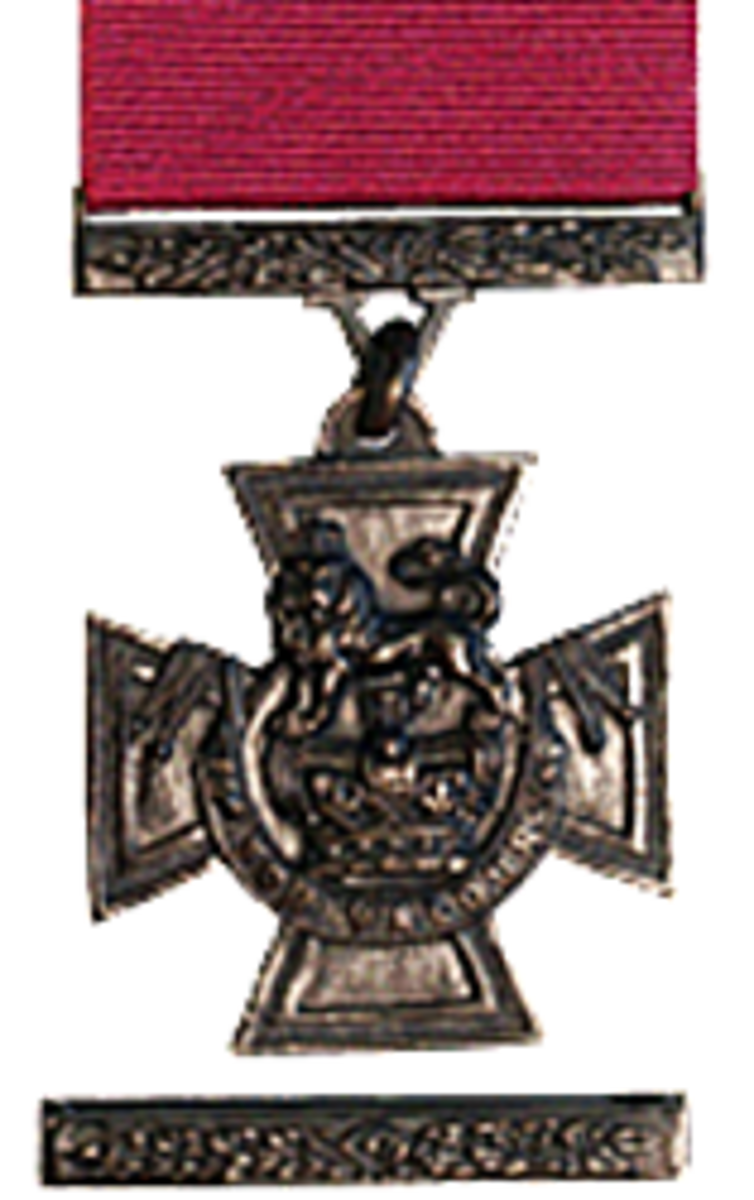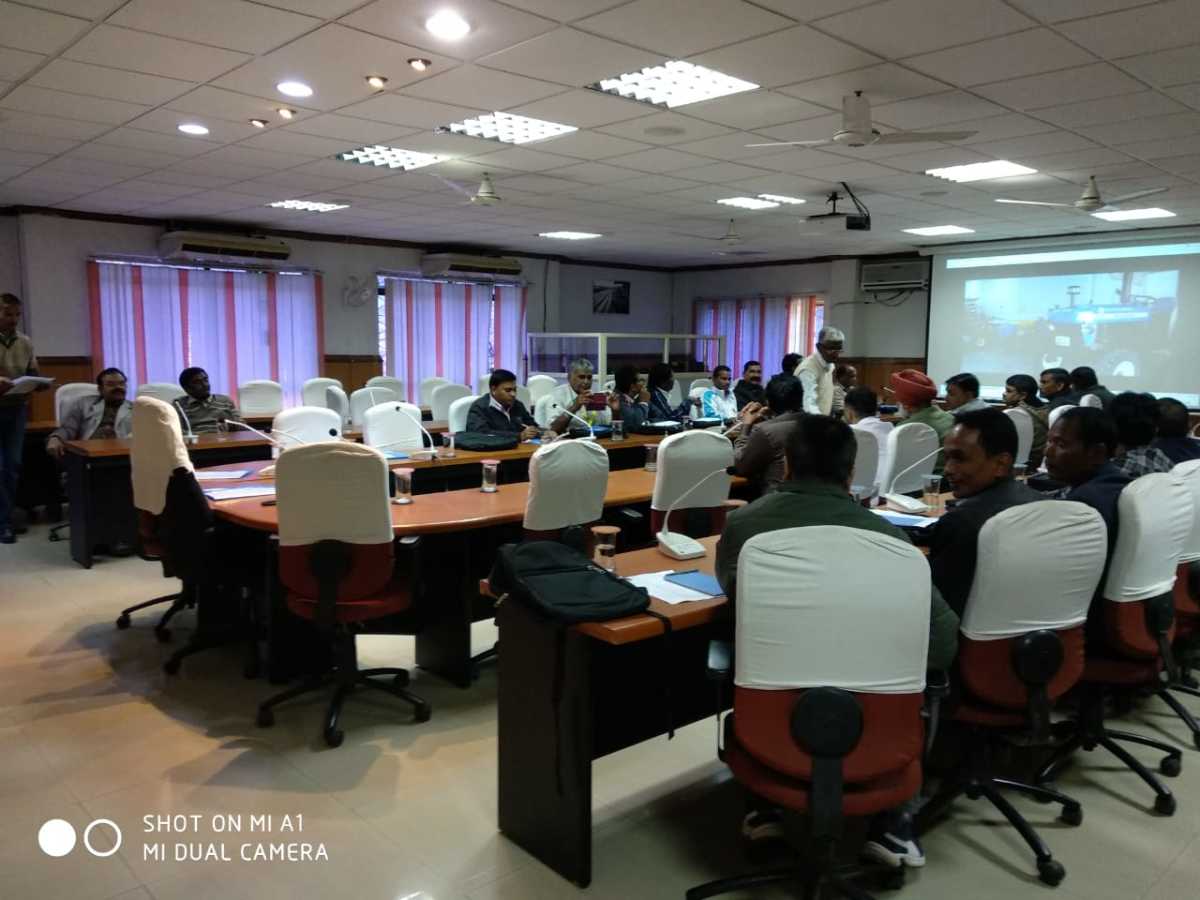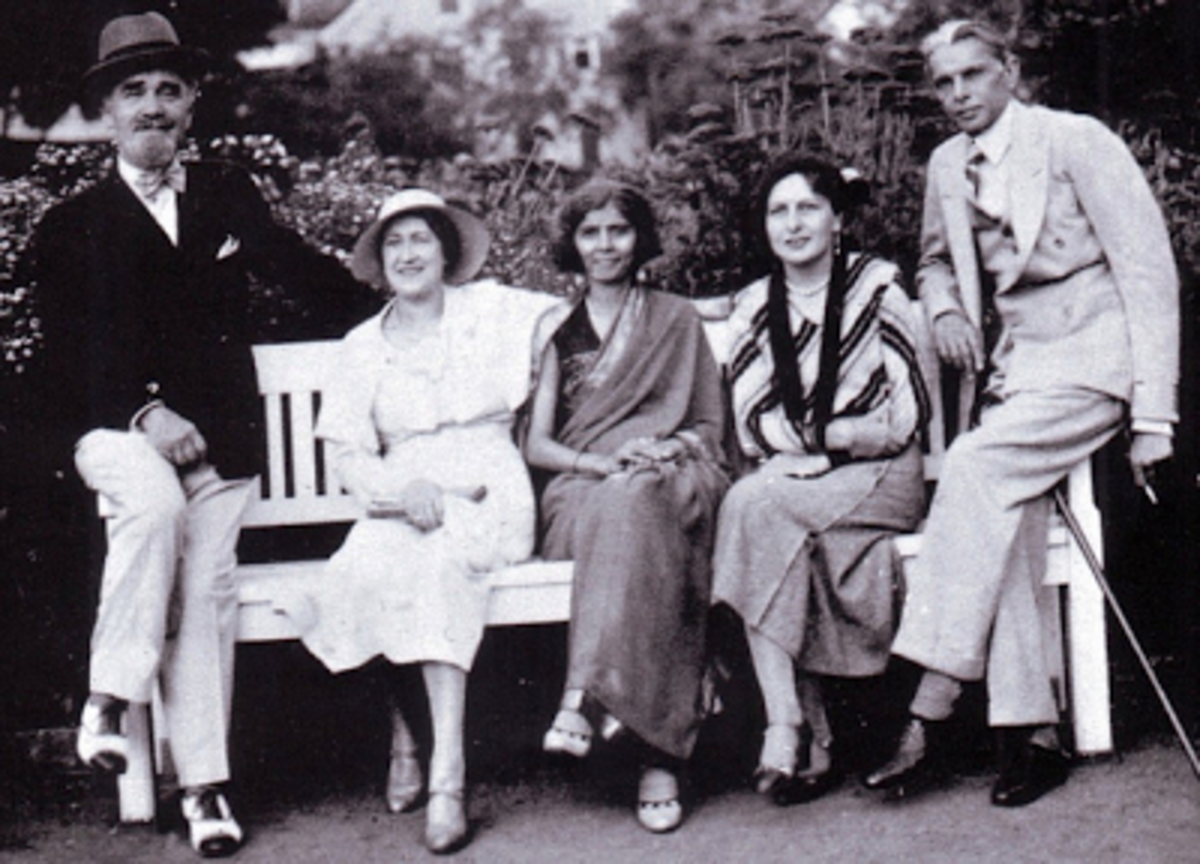Non-Sanction of One Rank One Pension is Telling on Indian Army Morale
Background: Distrust of the Army
The Indian army traces its history to the East India Company Constublary and later the British Indian Army/ A heritage that goes back to nearly 200 years. Before 1947 the IA was known as the British Indian army. It is a force that made its name in two world wars and in battles for the king and empire all over the world. Think of places like China( boxer rebellion) and Opium wars to Afghanistan and Tibet( Younghusband expedition), the British Indian Army has pride of place. In two World Wars, the BIA made a significant contribution to the Allied war effort.
After 1947, India under Nehru inherited this superb fighting machine. Arguably after the destruction of the Japanese military, it was the strongest and most professional force in Asia. Unfortunately, Nehru had little comprehension of military power as all his life he had been doing satyagraha, sitting on dharna, or marching in civil disobedience movements. In addition, when he came into power he saw the Pakistan army carry out a coup d'etat under General Ayub Khan in 1958 and overthrow the elected government. Even earlier a military coup in Burma, where General Ne Win, a Buddhist took control of the country, unnerved him. He was particularly aghast by a statement by general Ne Win who said that the Army when it intervenes in an agitation it shoots to kill.
Nehru with little military knowledge feared a military coup and took steps to avert it. He in his wisdom decided to downgrade the military and deny latest weaponry. In addition, he took steps to prune the perks and privileges of the officer cadre and downgraded the general staff in order of precedence. He further put in place checks and controls by civilian authority, where all power was taken out of the hands of the general staff. The army was thus reduced to a paper tiger
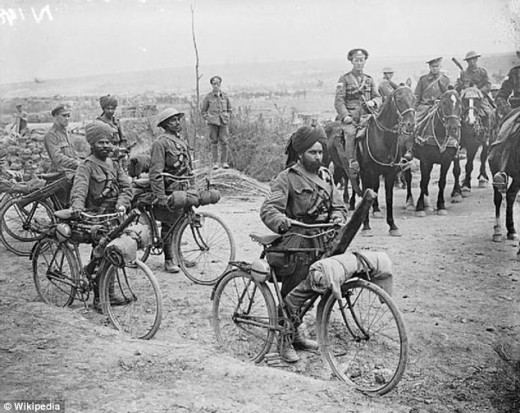
Reduction of Pension and Demand for OROP
The effect of Nehru's paranoid fear of the army led to the army being demoralized. Shorn of the latest weaponry the army faced a catastrophic defeat in the war with China. Nehru died in 1964, a broken man as his ill-equipped army was decisively beaten in the 1962 war. Large areas of India came under Chinese occupation and Nehru's image as " World Leader" took a severe beating. He became the laughing stock of the world.
Nehru died in 1964, but his successors were no wiser and in the mid-1970's a decision was taken to downgrade the pensions of the army personnel. Earlier the pension was fixed at 70% of the last pay drawn, which was reduced to 50% of last pay drawn. This was a grievous blow to the army as the higher ratio of pension compensated for the early retirement of the soldier. Many soldiers retired at the young age of 36 and with a reduced pension, great hardship was caused.
Another point was that the pensions were fixed and an older retiree continued to draw the old pension which over the years and decades lost it purchase value as inflation and other factors affected the value of the rupee. There was also no mechanism to bring old pensions at par with the new retirees, whose pensions were relatively higher.
This anomaly in pension-led to a demand for One Rank One Pension( OROP) so that old retired soldiers could be compensated. The demand required that old soldiers draw the same pension in service and rank as per new retirees.
Do you think OROP is justified
Long Standing Demand and Arrival of Modi
The demand for OROP gathered steam during the last decade. The Congress government took notice of the demand and made some cosmetic approvals, but left the core issue untouched mainly because of the expense.
In 2014, Rahul Gandhi had a meeting with the ex-servicemen's association and he was convinced that OROP was justified. He prodded the finance minister Mr. Chidambaram to announce OROP. This had an effect and the Congress government accepted that OROP was a necessity and approved it in the interim budget with a proviso of Rs 500 crores. This was a token amount but it showed the Rahul Gandhi was serious about sanctioning OROP.
Unfortunately, the Congress lost the election and the BJP came to power. The BJP leader Narendra Modi eyeing the vote bank of the ex-servicemen and the army started his election campaign with an address in Rewari, Haryana in 2014. At the rally, he announced that OROP would his first priority after he came to power.
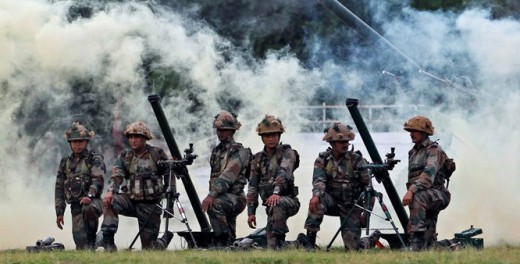
BJP and Modi
The BJP won the election and most ex-servicemen as well as serving personnel assumed that sanction of OROP was now a formality. Modi upped the hopes by making an announcement to troops in Kashmir that OROP is approved and it was his good fortune that OROP was sanctioned when he was the prime minister.
However, there were some power centers in the BJP who not only wished to secretly undermine Modi but were not happy to pay a large amount to the army. These men led by Arun Jaitley the Finance Minister and Raj Nath Singh the Home minister had little comprehension of what power politics means and what it means to have an army high on morale in the world polity of nations. Perhaps they need to read the books by Mao Tse Tung and others. With their limited horizon, they torpedoed the demand for OROP as approved by two houses of parliament and the Koshiary committee.
Modi himself began to have second thoughts and like Nehru earlier thought that just moving around the world is by itself a sign of great power status. He began to emulate Nehru and started to make trips to China, the USA, France and what not. These visits did improve the image of India but did not address the core issue of OROP. It is to the credit of Modi that he also changed the culture of the Indian government and its leaders when he visited the war graves of the Indian dead in France. This was an acknowledgment that he had full respect for the old Indian Army which had fought under British leadership. This was a welcome development as earlier Congress leaders shied away from ever acknowledging the umbilical cord with the British Indian Army.
Effect on Morale and Agitation by Ex servicemen
For some reason, the government of India under Narendra Modi failed to sanction OROP as per the recommendation of the Kothari Commission. This commission had been set up in 2013, and in its recommendations stated that pensions of all soldiers must be reviewed every year, and be in consonance with the pensions of the serving soldiers.
This led to the morale of the army taking a beating. It is wrong to feel that the demand only concerns ex-servicemen because it also concerns the serving soldier who will retire tomorrow. The ex-servicemen mounted an agitation against the Modi government and a maha sammelan (general meeting) was organized at Jantar Mantar on 14 June 2015. A petition signed with the blood of ex-servicemen was presented to Modi.
Unfortunately, Modi and the BJP disregard the agitation of ex-servicemen and did not bother that men who are 70, 80 and 90 are sitting in the hot sun asking for a legitimate right. I wonder if this cannot be called 'criminal neglect.'
With the buildup of pressure, the Modi government in 2017 made an announcement that OROP is sanctioned. This was a fallacious statement as the Modi government disregarded the recommendations of the Koshyari committee and sanctioned a water downs scheme of a one-time increase in pension. There was a one-time increase in a pension but the government spoiled its copybook by another act. The government acted in a perverse way and at the fag end of 2017 passed an order through the Green Tribunal to oust the Ex-servicemen from Jantar Mantar. They were thrown out but better sense prevailed after a hue and cry and the servicemen were allowed back.
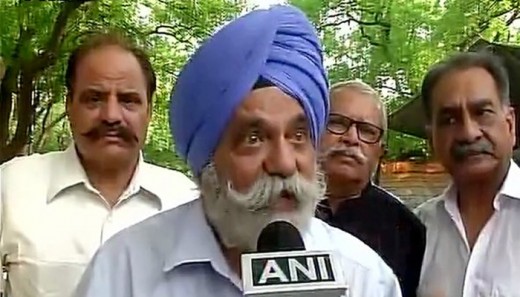
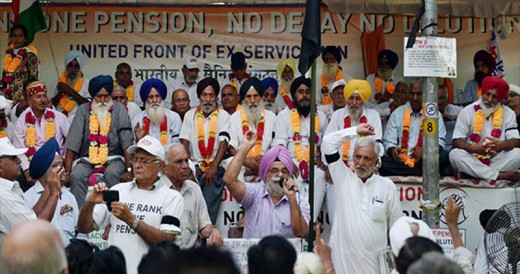
The Role of the General Staff
No discussion on this subject can be complete without mentioning the role of the service chiefs. It is not understood why the general staff has not been able to put any pressure on the government. It started with General Cariappa whose designation was changed from Cin C to Chief of Staff and he accepted without a murmur. Throughout history, the general staff looking for plum postings after retirement has towed the government line. One can't forget that the earlier army chief ( general JN Thapar) accepted a written order from a Joint Secretary. He was the infamous general who was out of his depth during the Chinese attack.
The present army chief General Rawat, appointed as Chief by superseding two senior generals is content to hug his chair. He has not exerted at all and the agitation has continued. He has now been elevated to Chief of Defence Staff (CDS) but nothing much can be expected from him.
In the meantime, the agitation by Ex-servicemen, under the leadership of General Sabir Singh is continuing. It is a sad commentary on the politics of a nation, where ex-soldiers have to agitate for their rights. It does not happen in any other country and one wonders why it is taking place in India.
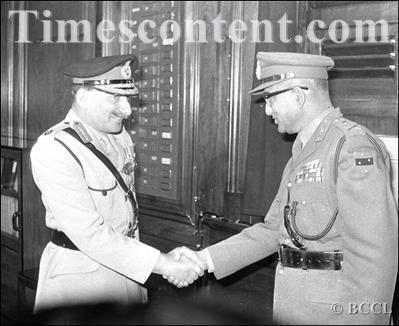
Last Word
The issue may snowball and it's about time the government addressed the issue. One shudders to think what will happen to army morale if this is delayed longer. One hopes Modi will see reason and sanction OROP without delay. It's up to Modi to make a mark in history.


